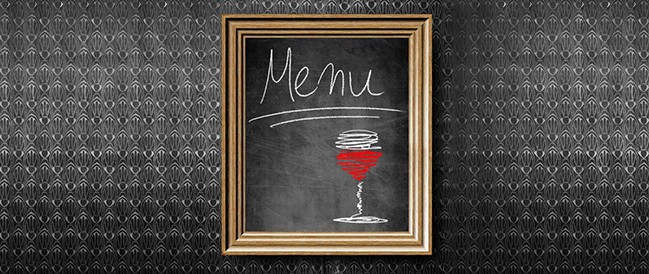Insights

Do you have clients who want champagne but can only afford cava?
They may want Champagne but their budget will only stretch to Cava. There’s nothing wrong with Cava. I’ve enjoyed many glasses over the years but the price is much lower than champagne. How you manage this dilemma is crucial and will have a huge impact on your profitability. Some clients want to squeeze every last drop from their budget and if we are on the back-foot there is a danger we give in to every price challenge.
If clients have smaller budgets there is a danger our profits are disproportionately squeezed unless we consciously take action. Many sales people are focused simply on topline sales rather than on profitable sales. Typically as sales people, winning the deal can be more important than the profitability of the deal. In our rush to run faster, work harder and longer we allow client relationships to become ‘buyer-supplier’ rather than ‘peer to peer’. Our business relationships become increasingly transactional rather than based on our expertise and the value we provide. We can find ourselves over-dependent on a small handful of clients. If a client is more than 20-25% of our business there is a tendency to be fearful and give in to their demands.
The more this continues, revenues decrease and profitability shrinks, the more pressure there is to win that next deal. We take more decisions which simply exacerbate the situation. Clients can sense or smell our desperation and are likely to take advantage of the situation.
One easy mistake is to wait until we have a ‘burning platform”. We have to act because there is no alternative. Act before that when you have choices. Notice how the market leader cannot see the step-change in a market unlike the new-comer. Having created the Walkman, Sony should have developed the iPod. As a leading book retailer, Waterstones should have invented Amazon and as the leaders in traditional directory search, Yellow Pages should have invented Google. Take steps well before it’s too late to re-invent your business for the future. Markets are changing faster than ever. The longer you leave it, the harder it becomes to re-invent.
The great thing about tough times is that they are tough for competitors and if we are better we can turn tough times to our advantage. As they say “what doesn’t kill you makes you stronger”. Churchill once said “We have no money, we shall have to think”. Take time to think about possible solutions and to think laterally about how to prosper in challenging times.
- Firstly develop a plan. What do you want to achieve, how will you get there and what needs to be done differently?
- Identify priorities and focus on those. Focus your time on your most profitable or potentially most profitable clients.
- Think about how you can deliver more value to your clients and how you can be the best in your sector.
- Think about how you can increase your share of wallet with your clients. How can you cross-sell to clients?
- Seek referrals. Your existing clients can be your best new business weapon.
- Find ways to achieve standout. How can you and your work standout more?
- Deal with Decision Makers, not Messengers. (see my previous article on this topic)
- Become mission critical to your clients. Ensure that whatever you deliver impacts your client’s top three critical goals.
- Don’t simply accept a client’s budget. Subtly see how much flexibility there might be.
- Know how to negotiate more effectively, how to hold your price and how to respond to price challenges. In my Negotiation and Sales workshops we look at how you can be more profitable without working harder and be more valuable to your clients.
How will you sell more to your clients?

